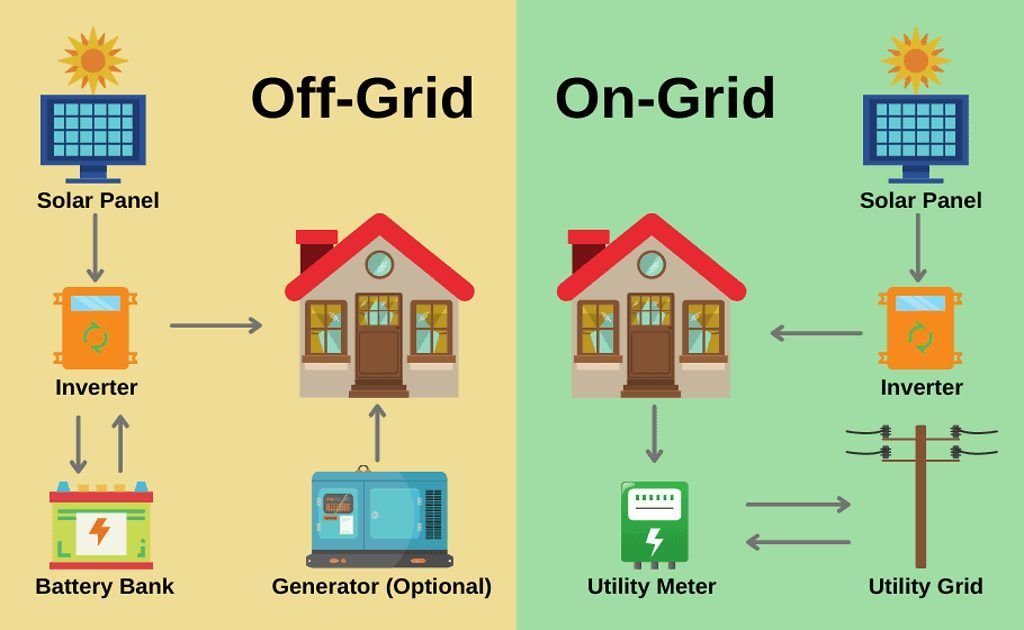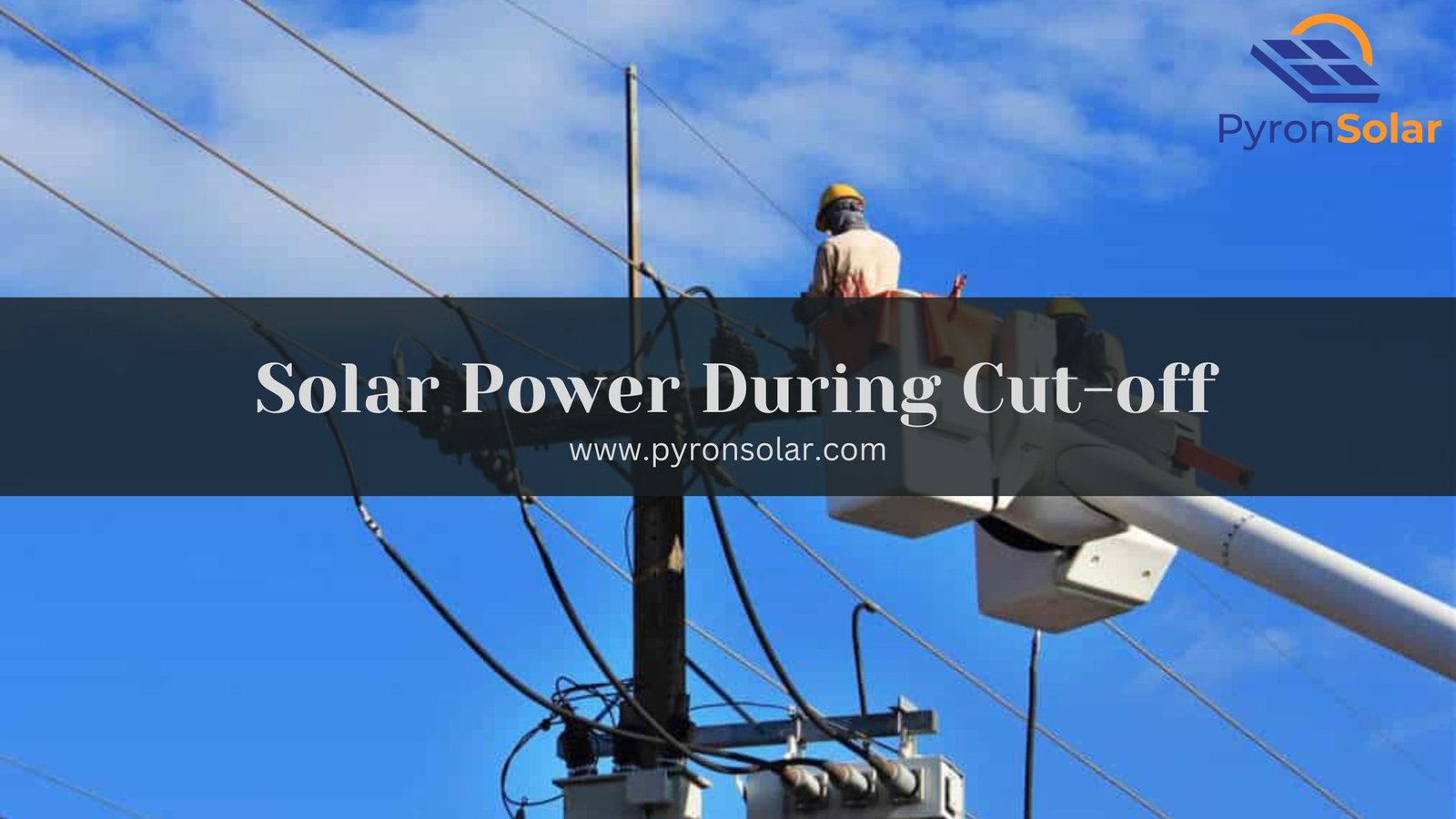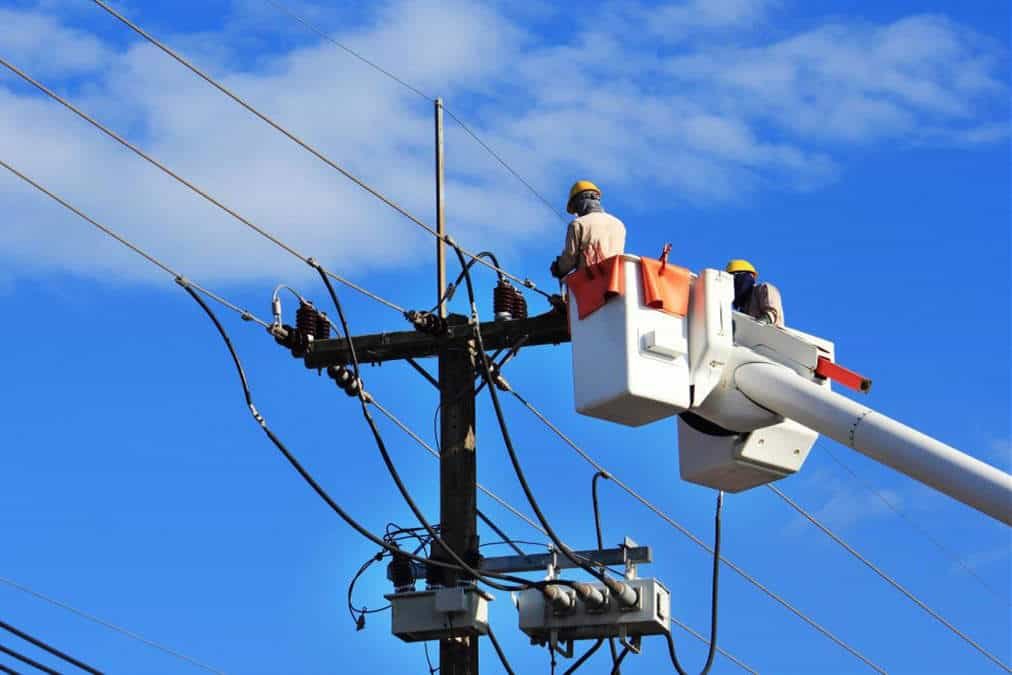Yes, solar panels can be used for power outages, but it depends on the type of solar system you have. Experiencing a power outage can be frustrating and disruptive, leading many to wonder if solar panels can provide a reliable backup power solution.
For on-grid solar systems, which are connected to the utility grid, solar panels alone cannot provide power during an outage unless they are paired with a battery storage system or a solar inverter with backup capabilities. This is because on-grid systems automatically shut down during outages to prevent backfeeding electricity into the grid, which can be dangerous for utility workers.
On the other hand, off-grid solar systems, which operate independently of the utility grid, are designed to provide power during outages. These systems rely on battery storage to store excess energy generated during the day for use when the sun is not shining or when the grid is down.
Solar panels must be able to function as solar islands to keep your lights on during power outage. A solar panel system’s capacity to cut itself off from the grid and continue generating power when it is down is known as “solar islanding.” While looking for solar panels, consider whether you want them to be able to operate independently of the grid.
In this article, we will explore how both on-grid and off-grid solar systems can be used to maintain electricity during power outages, the necessary components for a reliable solar backup system, and the benefits of having a solar-powered backup for your home.
Types of Solar System: On-Grid and Off-Grid Solar Systems
Now that the Solar system has proven a viable option, knowing its functioning and types is essential. Although the solar system installer will guide you to select the ideal option for your power requirements, it is always better to do some research on your own to avoid favoritism. In this regard, I shall explain the two types: Grid-tied or On Grid and Off Grid Solar Systems.

On-Grid Solar Systems
A grid is the first fundamental prerequisite for installing this type of system. Anything left over from the units that solar panels generate during the day is sent to the grid and stored there. When there is no sunlight to generate direct electricity at night, the grid imports the transferred units. The client might utilize power from the grid when the solar panels cannot produce enough electricity owing to unfavorable weather conditions on a particular day.
Hence, your homes/offices always have access to electricity. Moreover, a battery is not needed for this system. Your battery is your grid.
It can generate excess electricity that can satisfy households’ and commercial and industrial sectors’ energy needs.
In the Grid-tied system, you can also power your home appliances with commercial electricity the grid. This way, you will always have sufficient power for your daily requirements.
Off-Grid Solar Systems
An off-grid solar system operates on its own. No grid connection is necessary for solar panel users. However, the solar energy produced during the day needs to be stored using a battery backup in this setup. You can also read how much power a solar panel produce per day.
The components of the off-grid solar system are solar panels, an inverter, a charge controller, a battery, and mounting frameworks. The battery retains excess charge to power all the electrical devices at night while the solar panels collect enough sunlight throughout the day. In places where there are no electrical grids available, off-grid systems are the best option to go with.
It is important to note that if you fail to install batteries or other power storage systems to an off-grid solar system, you will have zero energy supply at night.
Comparison in Terms of Performance During a Power Outage
- Off-grid
This system appears more advantageous when compared to on-grid solar systems regarding power disruptions. This system is unaffected by power outages because it runs autonomously. The off-grid solar panels continue to work in the event of a storm or other circumstances that cause a power outage.
- On-grid
Although an on-grid power system always has enough electricity, if the grid is down you will experience power outages. You can purchase a battery bank if you want to avoid such scenarios. A hybrid system is what this one is called.
Power Generated by the two systems
- Off-Grid
The daily sunshine an off-grid system receives determines how much electricity it can produce. The system generates extra electricity when the sun is at its strongest at noon. It would help if you had the right tools to use this enormous power best.
Off-grid systems generate additional electricity throughout the day to ensure enough power is available when it gets dark. Therefore, having strong batteries is essential for storing the generated energy.
- On-Grid
Like an off-grid system, a grid-tied solar system generates extra power when solar cells get a lot of sunlight during the day. The extra electricity is instead sent to the industrial grid under this method. The units produced and used are recorded using a bi-directional meter.
A battery backup is not necessary for this arrangement. It uses a net metering system to credit the user’s account for the excess electricity sent to the grid. It ensures that clients only pay for the extra grid units they utilize.
In terms of Bill generated
- Off-Grid
One thing you’ll notice when looking at an off-grid system’s electricity bill is that a residence solely receives power from solar panels. Hence, there is no cost of commercial electricity supply to the consumer. The components, such as solar panels, storage batteries, inverters, etc., meet all the necessary energy requirements. Therefore, a high-efficiency off-grid solar system is a one-time investment that will enable you to avoid paying monthly electricity bills.
- On-grid
You are required to make a little payment in a grid-tied system. The discom replaces a net meter in place of the standard one, and the associated fees must be paid. Notwithstanding these few drawbacks, building an on-grid solar system also has numerous advantages.
A Condition When Solar Panels Don’t Work in a Power Outage?
Installing solar panels can cross your mind if you view them as your primary defense against blackouts. If securing your home from blackouts is your primary motivation for installing them, there are a few details you should be aware of.
Most people who have solar panels in their homes have what is referred to as a “grid-tied” solar system, in which the panels are linked to an inverter. The PV array system used in the grid-tied version produces DC electricity from solar energy to instantaneously meet the home, building, or property needs. The energy balance between solar electricity production and demand is calculated every second. When the amount of electricity needed exceeds solar generation, power from the grid is used to make up the difference.
Conversely, the extra is exported to the grid if solar energy production exceeds your home’s energy needs. You might be started to learn that even if your home has a grid-tied PV system installed, you won’t have electricity if there is a blackout in your neighborhood.
The reason is that the modules don’t retain energy. Instead, they only serve as a converter of solar energy into electricity.
A typical grid-tied system features a specific automatic shut-off during a blackout to stop the extra energy from being delivered via potentially damaged power lines. It’s a safety measure designed to safeguard the line workers who go out to repair broken things.
But it also implies that your home won’t receive solar power. Your solar panels’ power is useless during a blackout unless you have a mechanism to store it (for example, in a battery) or disconnect your system from the grid in some other way.
Ways to Use Solar Panels For Power Outages
Some research says that somehow we can use solar panels during power outages. There are a few techniques to keep your house operational in the event of a power outage:-
1. Solar Batteries
Photovoltaic (PV) cells, which turn sunlight into electricity, produce solar batteries to store this energy. PV cells produce DC electricity while the sun is out, which an inverter transforms into AC electricity. This AC electricity then powers your home or place of business. Your home or place of business sends any unused AC electricity to the grid.
The solar battery will power your home or place of business using the DC electricity previously-stored throughout the day or during a power outage. Solar batteries can be used alone or with a generator to power your entire residence or place of business.
While a regular solar battery may power your home for many hours, using multiple devices might shorten it.
A solar battery’s life depends on the following:
- The size of the battery.
- What amount of electricity is consumed daily.
- The number of appliances running on it.
2. Solar Generator
A portable power source, a “solar generator,” produces electricity using solar panels instead of fossil fuels.
Solar panels collect the energy from the sun in a portable solar generator, which then stores it in a battery for later use. Most solar generators are employed for boating, RV camping, and emergency backup power in the event of a grid power loss.
Generators are more economical upfront than solar battery backup for power outages. Despite the low initial cost, generators need routine maintenance and often have modest ongoing costs.
3. By Using a Gas Backup Generator
The cheapest approach to ensure you have backup power in the event of a blackout is to purchase a generator. A con here is the fact that supporters of solar energy generally oppose burning things to generate electricity. I mean, that’s the entire point of it!
However, if you still go for it, you can purchase a 9,000+ watt gas generator for roughly $1,400, plus the expense of fuel and installing an external electrical outlet, which will largely power your entire home. At the same time, the utility personnel brings the system back online.
You can typically survive any significant grid outage with your generator and enough fuel. Even though your solar panels won’t turn on until the grid is operational again, you will still have electricity.
Conclusion
Solar energy systems provide a sustainable and clean source of electricity. To pick between an on-grid and off-grid solar system, you must first determine why you want to install a solar panel.
Both methods have advantages and drawbacks. Even though an on-grid system is less expensive in comparison, it is dependent on the industrial grid for a constant supply of electricity. In comparison, an off-grid system is self-sufficient but needs substantial space. The batteries must be very powerful to store enough energy to keep the electricity going through the night.
I sincerely hope to address your concerns regarding the best ways to use on-grid and off-grid solar systems to maximize their benefits during a power outage. Your needs will determine the best technique to determine which option is superior. Yet, most Indian states and towns with a commercial grid rely solely on on-grid solar systems.
Ray is an avid reader and writer with over 25 years of experience serving various domestic and multinational private and public energy companies in the USA.


